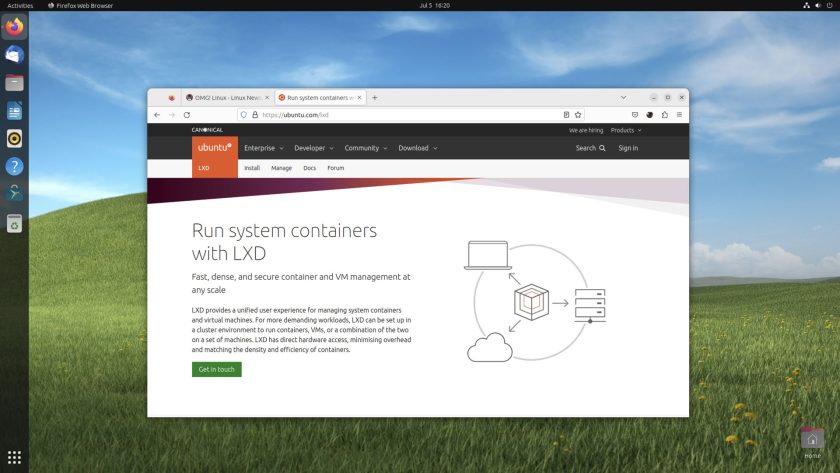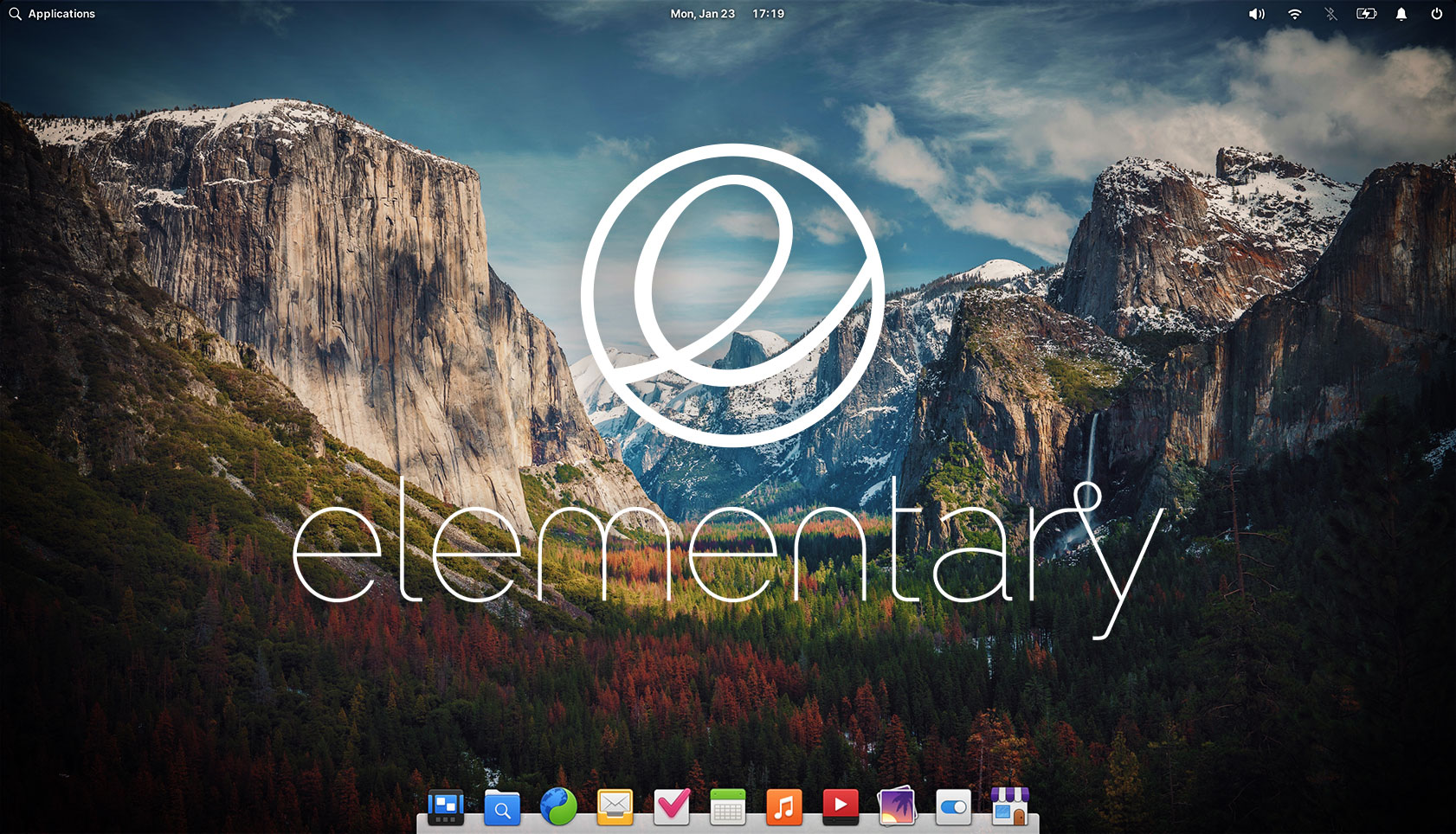Canonical has taken full control of the LXD project.
A short statement posted on the Linux Containers website states: “The LXD project is no longer part of the LinuxContainers project but can now be found directly on Canonical’s websites.”
Although Canonical created LXD and has been a key contributor to its development the project has thus far lived under the auspices of the Linux Containers community. That’s changing as Canonical now feels the project will “be better served directly under Canonical’s own set of projects”.
LXD (which stands for Linux Container Daemon) is an open-source container management tool building on top of LXC (Linux Containers) to offer enhanced control, configuration, and — I believe this is correct term for it is — orchestration of system containers.

But is this new actually a big deal?
As mentioned, Canonical created LXD. It has driven its development. And it is is (to my knowledge) the most high-profile advocate and proponent of the technology.
Thing is, I don’t know a lot about containers (I’ve used Docker on Ubuntu, but only briefly). I can’t say if this news is a deal or minor reshuffle. That said, LXD plays a big role in the all-snap Ubuntu desktop currently in development. That could, speculatively speaking, have been a factor.
Canonical say LXD will remain distro-independent, licensed as before, and not reliant on Snaps – though it (naturally) asserts that the LXD snap is the ‘easiest’ way to install and utilise the tech on Linux.
The Linux Containers team say they regret but respect the decision Canonical has made.
With the change announced, the LXD project source repo is now listed under Canonical’s GitHub; the LXD website and associated ephemera is live on the Ubuntu website; and the LXD community forum is in the process of being wound-down and discussion diverted to Ubuntu’s Discourse site.





